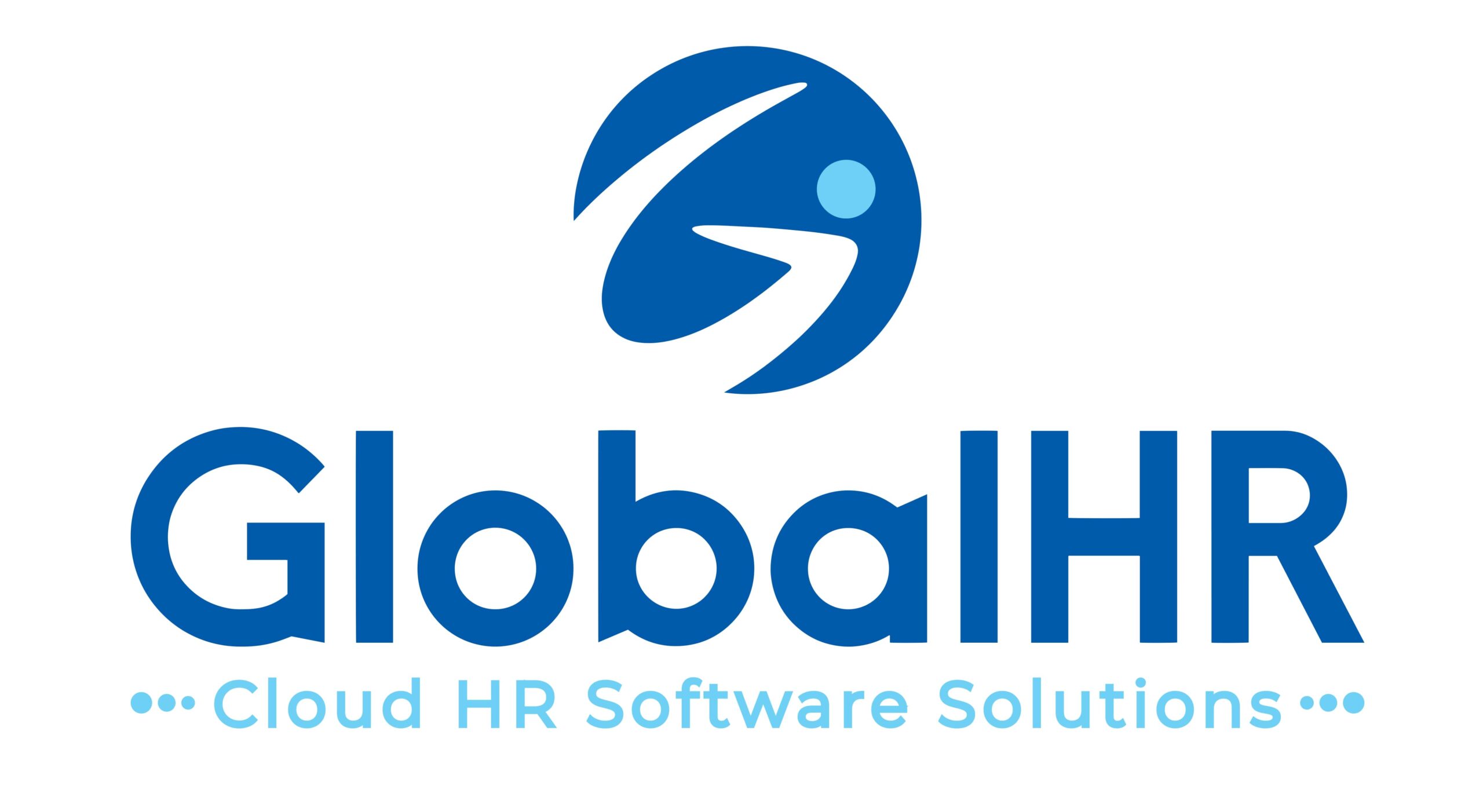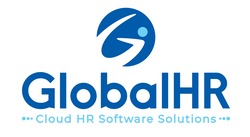Certified Public Accountant (CPA)
A high-performing CPA is a perfect way to keep your company’s accounting in check. These interview questions will help you find a knock-out candidate willing to take on this tough job.
CPA qualifications to look for
Your CPA has the eagle-eyes you need on your budget. A CPA masters general financial transactions, watches over bookkeeping activities and conducts regular audits to ensure accuracy with all documents, expenditures, and investments.
Your top candidates should have an Accounting or Finance degree along with a CPA certification and have previously worked as a Senior Accountant or in similar roles.
Keep an eye out for candidates who have:
- Deep knowledge of accounting and budgeting procedures
- Team-forward thinking
- Strong collaboration skills
- Deadline driven mindset
- Organizational mastery
Top tip: Hire candidates willing to grow by making sure their personal career goals align with your company’s mission.
Problem-solving interview questions
- What’s your decision-making process for a good investment idea?
- Walk me through setting up an internal control system for processing invoices.
- You have to explain a financial procedure to a non-financial audience. How would you handle this?
- How would you handle missing the deadline for company taxes? How would you approach the manager if we had to pay a fine?
Role-specific interview questions
- What accounting software are you familiar with? What are your favorite features?
- Tell me what you know about accounting standards such as FASB and GAAP.
- Tell me how you review large datasheets for accuracy.
- You need to create an annual tax return forecast. What information and software do you use to get the job done?
- Walk me through how you use discounted cash flow.
- How do you handle the month-end closing process? What role do you play in this?
Behavioral interview questions
- Have you ever helped your company or a client decrease costs? If so, tell me what you did.
- What literature do you read to keep up with tax law changes?
- You have to analyze financial risks and prevent senior executives from making a bad investment. What do you do?
- Some of your tasks are repetitive, like processing invoices. What strategies do you use to stay motivated and organized?
- Attention to detail is crucial in this role. How do you use it to save from making a mistake at work?



